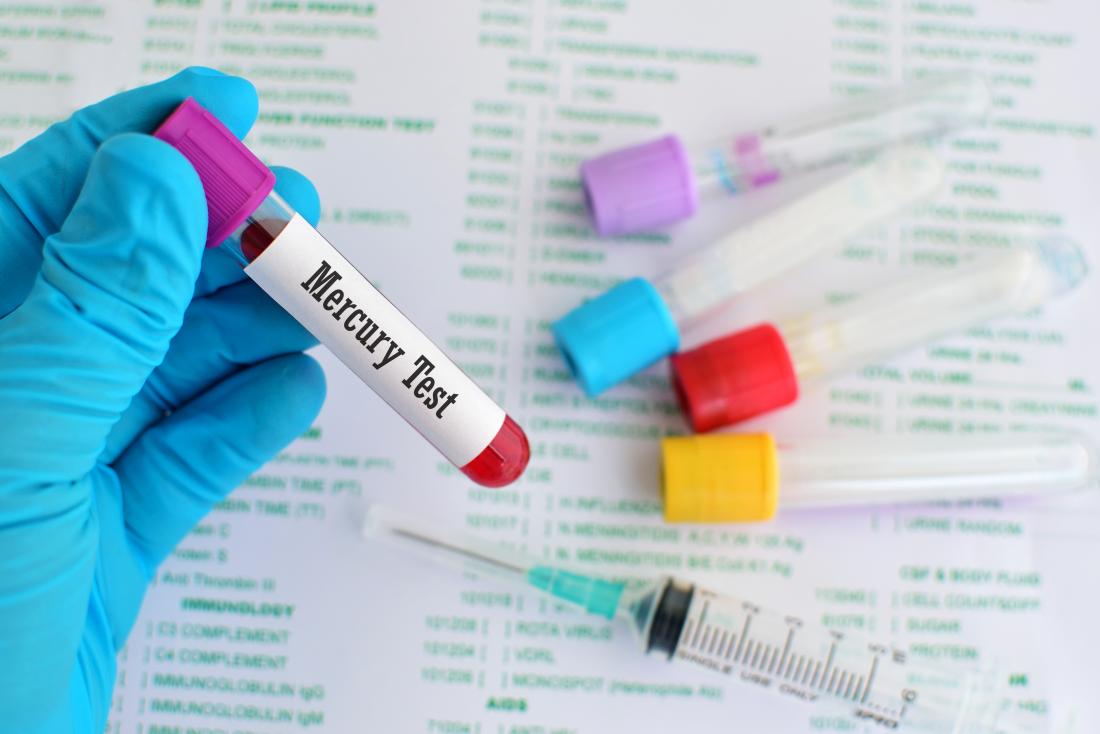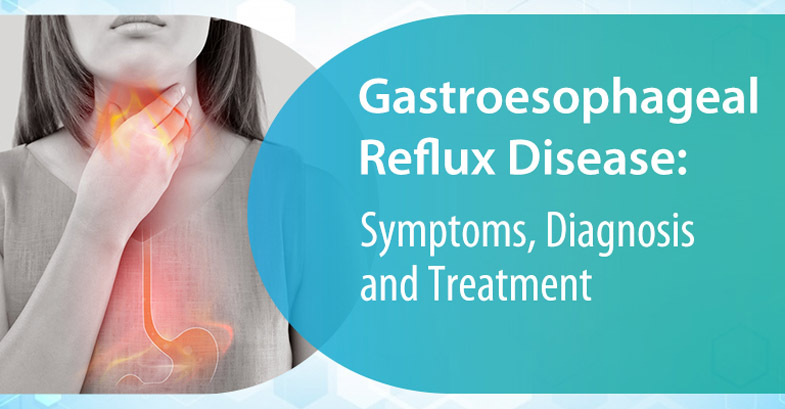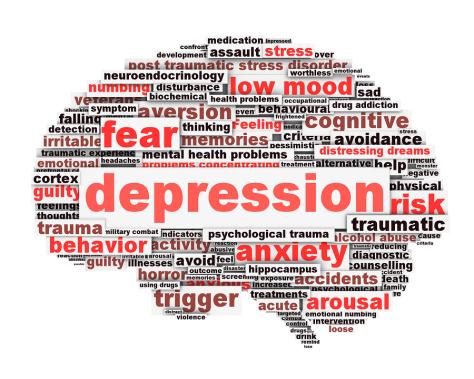The idea of taking medicine to improve your health seems straightforward, but what most people don’t realize is that the effects are far more complicated than they appear on the surface. Some medicines can actually cause more harm than good when you consider their effects on the whole body – and it doesn’t matter if they’re over-the-counter or prescribed by your doctor! In this blog post, we’ll explore some of the bad and harmful effects of medicine on our body and how you can mitigate them to improve your long-term health.
Prescription Drugs

While prescription drugs can be lifesaving, they also come with the potential for harmful side effects. One of the most common problems is that people don’t take their medications as prescribed. This can lead to incorrect dosage, which can cause serious health problems. Other side effects for drugs can include allergic reactions, dizziness, gastrointestinal issues, and more.
Keep in mind that it can take some time for any side effects to show up, which is why doctors often encourage patients to continue taking their medications as prescribed. If you’re concerned about a drug’s harmful side effects, talk to your doctor or pharmacist. They should be able to determine if there are any alternative medications that could work better for you without causing harm. Also, know that these harmful side effects are usually only minor—the benefits of taking a prescription drug typically outweigh any potential risks. If you have questions about your prescription medication, talk to your doctor first before trying anything new or making changes to your routine. He or she will be able to tell you if medication is right for you and will help you choose the best medication for your needs.
Hidden Chemicals in Your Food
You might be surprised to learn that many common foods contain hidden chemicals that can be harmful to your health. Incorrect dosages of these chemicals can lead to side effects, including everything from headaches and dizziness to more serious problems like organ damage or cancer. So it’s important to be aware of the potential risks before you consume anything. Adverse effects of medicine are not limited to just the drugs we take; they can also come from the food we eat.
For example, some studies have shown that even tiny amounts of BPA can have a harmful effect on our hormone levels. And these issues are not limited to just food. Even small amounts of chemicals found in plastics or cosmetics can be dangerous to your health. These are just a few examples; there are many more common sources that you should always be aware of before eating or consuming anything, especially if you have allergies or other medical conditions that could worsen as a result. For example, people with kidney problems should avoid wheat flour as it contains gluten – an agent which affects kidney functioning – even if it’s used in tiny amounts to give softness to dough before baking.
When dealing with adverse effects from medicine or food, remember: The dose makes the poison!
Antibiotic Resistance
 One of the bad and harmful effects of medicine is antibiotic resistance. When an incorrect dosage of antibiotics is taken, the bacteria in our body become resistant to the drugs. This resistance can lead to side effects for drugs, including longer-term health problems. In some cases, the adverse effect of medicine can be deadly.
One of the bad and harmful effects of medicine is antibiotic resistance. When an incorrect dosage of antibiotics is taken, the bacteria in our body become resistant to the drugs. This resistance can lead to side effects for drugs, including longer-term health problems. In some cases, the adverse effect of medicine can be deadly.
If you’re an allergy sufferer, you may have already noticed how your allergy medicine isn’t as effective as it used to be. Antibiotic resistance can cause side effects for drugs in addition to providing protection against many illnesses. At times when a disease is particularly hard to control, medicines can end up doing more harm than good if they make you more susceptible to secondary infections that are actually more harmful than symptoms of disease itself.
Mercury

One of the most dangerous and harmful effects of taking medicine is the presence of mercury. Mercury is found in many vaccines, including those for influenza and hepatitis B. It’s also in some contact lenses solutions, ointments, and nasal sprays. Exposure to mercury can cause serious health problems, including brain damage, kidney failure, and death.
Many medicines also contain aluminum, a metal that has been linked to serious health problems. It’s found in many prescription drugs, including gabapentin (Neurontin), triamterene/hydrochlorothiazide (Dyazide), hydrocortisone (Cortef), prednisone, and others. The link between aluminum exposure and dementia was first established in 1975. As early as 1982, researchers also found a relationship between high amounts of aluminum in breast milk from mothers who took aluminum-containing medications and impaired neurological development in their infants. More recently, researchers found that people over age 65 with elevated levels of aluminum in their brains were more likely to develop dementia than those with low levels.
Should I take vitamins?

While vitamins are important to our health, we should be careful about the amount we take. Too much of certain vitamins can actually be harmful to our bodies. For example, taking too much vitamin A can lead to liver damage, while too much vitamin D can lead to kidney stones. So how do you know how much is too much? The best way to find out is to speak with a doctor or nutritionist who can help you create a plan that is right for you.
The best way to get all the vitamins you need is through a healthy diet that includes a wide variety of fresh fruits, vegetables, nuts, seeds, grains and lean proteins. But if you’re concerned about not getting enough vitamins, consider talking to your doctor or a nutritionist who can help design a vitamin regimen that fits your health goals.
So be careful before you decide to take any kind of supplement or medicine before consulting with your doctor. And if in doubt always consult with them first before taking them so as not to have any harm brought upon yourself by doing otherwise.
Antibiotics and Acne Treatments

Antibiotics are one of the most commonly prescribed medications for acne. But taking them can have harmful side effects. For example, antibiotics can cause gastrointestinal problems like diarrhea, nausea, and vomiting. They can also make your skin more sensitive to the sun and increase your risk for yeast infections. If you’re taking birth control pills, antibiotics can make them less effective.
If you’re feeling sick, see your doctor. But always talk to your doctor before taking antibiotics, even if they are offered to you over-the-counter or by a friend or family member. Only take them if they’re absolutely necessary, since overuse can lead to antibiotic resistance—and kill off good bacteria in your body. If you decide to take an antibiotic anyway, make sure you’re aware of any side effects that could come with it. And remember that antibiotics will only work against bacterial infections—not viral ones like colds or flu. Antibiotics may also be harmful for people with heart failure and autoimmune conditions.
If you need medication for acne treatment, ask your doctor about less-harmful alternatives first.













